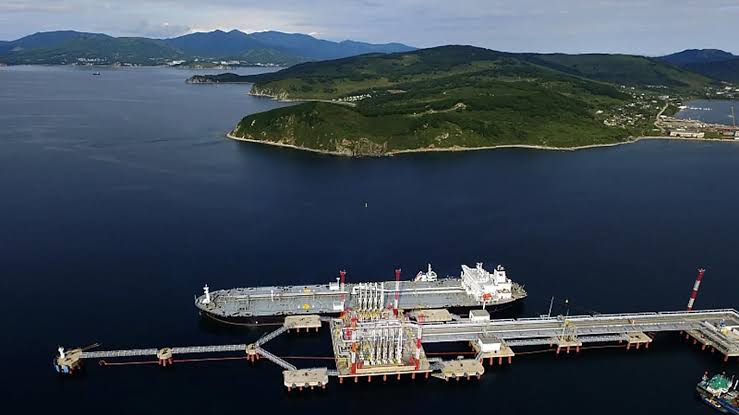In a surprising development amid ongoing conflict disruptions, Russia boosted its oil exports from western ports by 25% in September compared to the previous month, according to estimates from three trading sources reported by Reuters today. This increase follows Ukrainian drone attacks that caused refinery outages, effectively freeing up more crude oil for export. The rebound highlights Moscow's ability to navigate challenges and maintain its crude oil shipment targets despite escalating attacks.
Key Takeaways:
-
Oil exports through key western ports — Primorsk, Ust-Luga, and Novorossiisk — rose to approximately 2.5 million barrels per day in September, up 500,000 bpd from August, marking a 25% month-on-month increase.
-
Ukrainian drone strikes intensified in September, targeting refineries and export infrastructure, causing fuel shortages internally and prompting Russian authorities to plan restrictions on gasoline and diesel exports.
-
These refinery outages surpassed record levels seen in August and were about 1.5 times higher than the same period last year, yet did not halt export gains.
-
Transneft, Russia’s state pipeline operator, warned producers of potential output cuts due to these attacks, but current export volumes suggest Russia is meeting its crude production targets.
-
Oil loadings exceeded initial export plans by 600,000 barrels per day, signaling higher-than-expected shipment activity despite temporary suspensions at major ports caused by drone strikes.
Context and Implications:
The surge in exports comes amid rising geopolitical risks and ongoing conflict-related disruptions to Russia’s oil refining capacity. The attacks have forced Moscow to consider fuel export bans on certain products, aiming to prioritize domestic supply. However, increased crude shipments from western ports demonstrate Russia’s resilience in sustaining its oil revenue streams amid sanctions and military pressure.
This development is critical for global energy markets, with Russia continuing to play a key role in supply while managing the impact of attacks on its infrastructure and strategic export routes.
Source: Reuters






